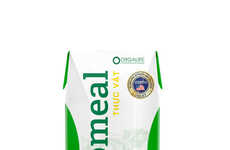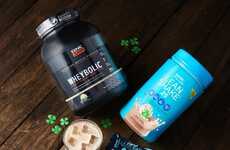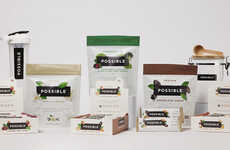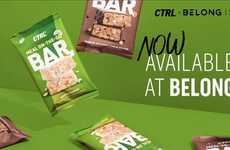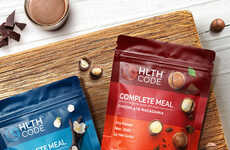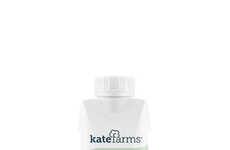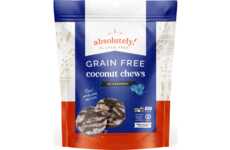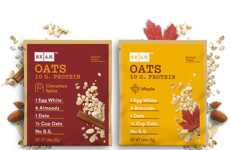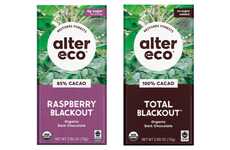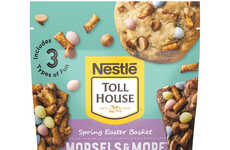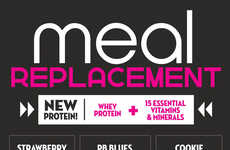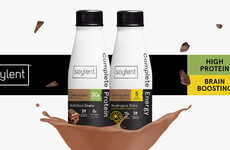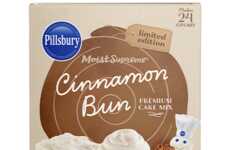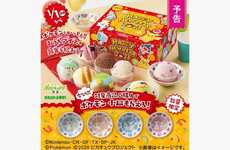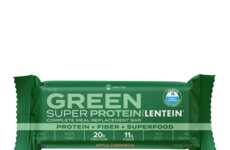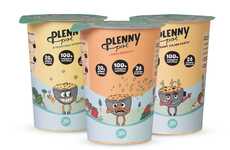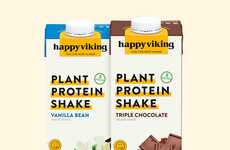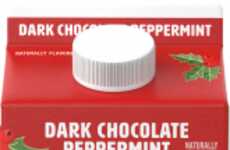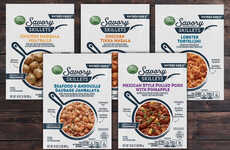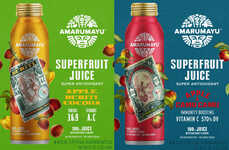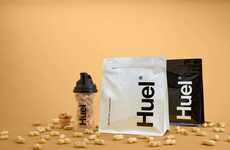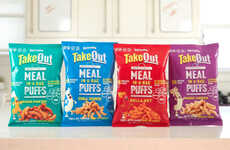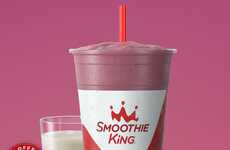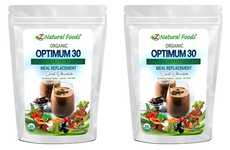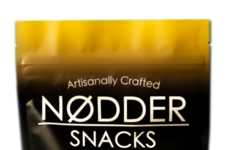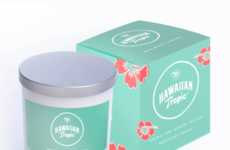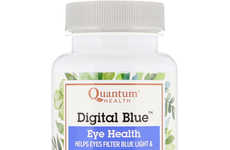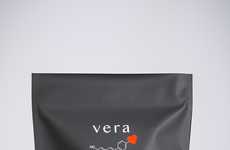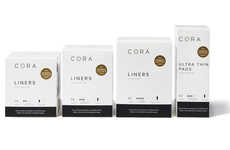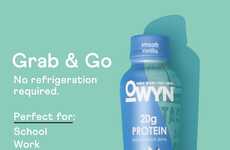

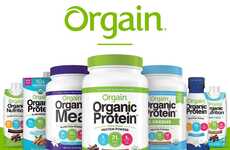
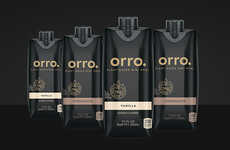
Brands are launching vegan meal replacement beverages to accommodate consumer demand
Trend - Brands are launching vegan meal replacement beverages to accommodate the growing consumer demand for convenient, plant-based offerings. Moreover, these beverages do not require refrigeration to stay fresh, thus making them portable and easy to store.
Insight - As information spreads on the health, ethical, and environmental benefits of following a plant-based diet, many consumers are reducing their consumption of animal-based food or following a vegan lifestyle. As a result, these individuals are seeking plant-based alternatives across various categories, including the health and wellness industry. Since products with the label "plant-based" are generally viewed as being a "cleaner" and "healthier" option, they appeal to health-focused individuals.
Insight - As information spreads on the health, ethical, and environmental benefits of following a plant-based diet, many consumers are reducing their consumption of animal-based food or following a vegan lifestyle. As a result, these individuals are seeking plant-based alternatives across various categories, including the health and wellness industry. Since products with the label "plant-based" are generally viewed as being a "cleaner" and "healthier" option, they appeal to health-focused individuals.
Workshop Question - How is your brand trying to appeal to more demographics?
Trend Themes
1. Plant-based Meal Replacements - As consumers seek plant-based alternatives, brands are launching vegan meal replacement beverages that are portable and easy to store, appealing to health-focused individuals.
2. Nutrient-dense Meal Replacements - Brands are creating nutrient-dense meal replacement drinks that include protein, vitamins, and minerals, to help supplement daily diets and nutritional needs, creating an opportunity for the health and wellness industry.
3. Clean-label Meal Replacements - Brands are launching clean-label meal replacement shakes that eliminate ingredients like sugar and gluten, while also being natural, non-GMO and kosher, providing innovative options for the B2B nutraceutical and functional food industries.
Industry Implications
1. Health and Wellness Industry - With the growing demand for clean, plant-based options, the health and wellness industry can develop innovative offerings that not only appeal to health-focused individuals but fulfill the nutritional needs of consumers.
2. Functional Food Industries - Clean-label meal replacements can pave the way for functional food industries to create innovative, nutrient-dense products that appeal to an audience seeking healthy, plant-based, and convenient options.
3. Packed Food and Beverage Industry - The increasing demand for plant-based meal replacement beverages that are portable and easy to store creates opportunities for the packed food and beverage industry to create innovative and sustainable offerings that cater to health-conscious and busy individuals.
